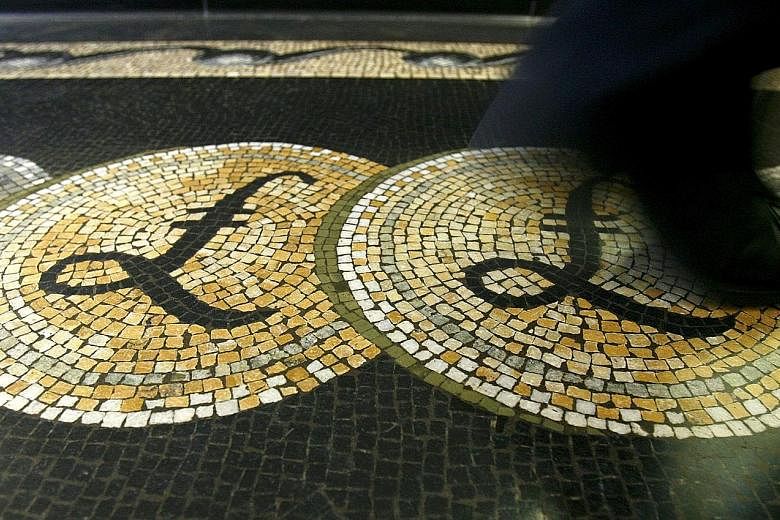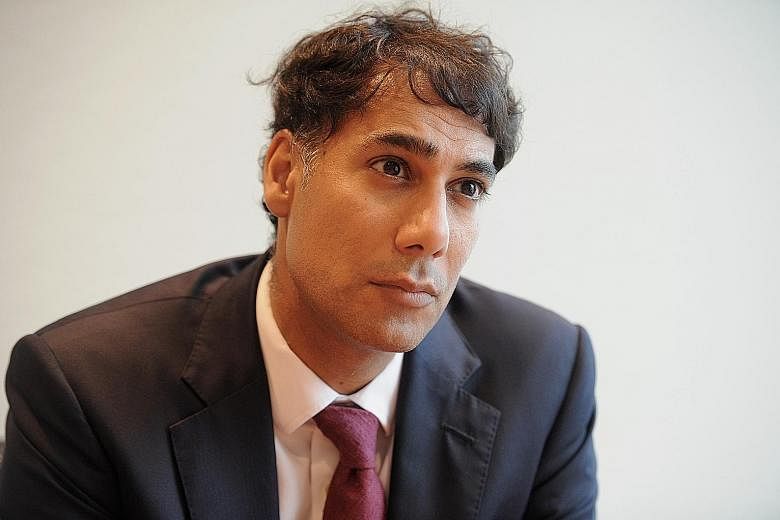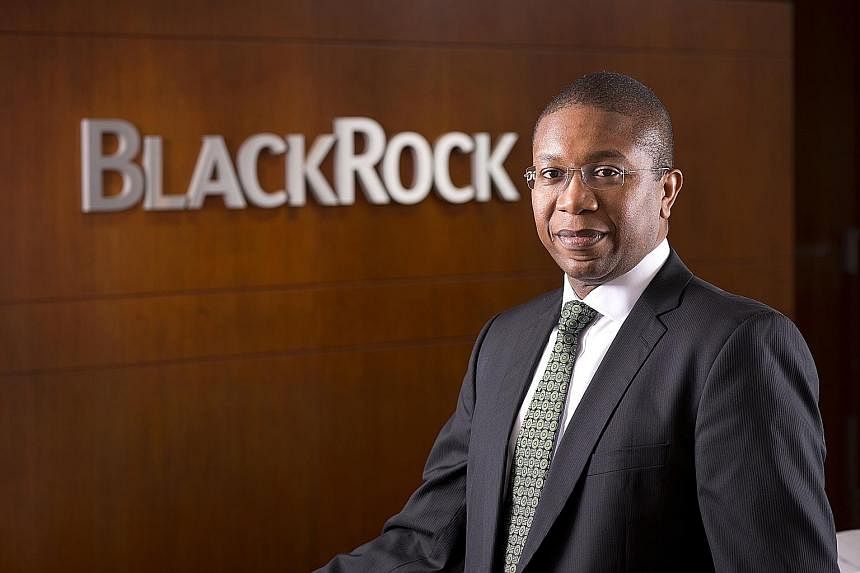The global markets may have quickly recovered from the Brexit shock last month, but there remains no consensus among market watchers on what is in store in the second half of the year.
While some are optimistic that the market uncertainty will be short-lived, others advise caution, citing ongoing geopolitical risks.
Mr Paras Anand, the head of European equities at Fidelity International, is relatively optimistic and this is borne out by the performance of stock markets.
Since the two-day sell-off after the June 23 referendum, London's FTSE 100 has gained some 10 per cent, while the Dow Jones Industrial Average has put on around 8 per cent.
"For a while, we had seen people allocating capital quite cautiously, be it holding cash in portfolio or business restraining investment. So there's quite a lot of cash on the sidelines, which has the ability to limit the downside," he said.
Mr Anand added: "My sense is that the uncertainty around Brexit will be short-lived as people gradually get used to the drawn-out political process."
Other positive factors include the depth of the British economy, with many major corporates having global operations and the potential boost to spending and tourism due to the weaker sterling, which has lost around 10 per cent against the greenback since June 23.
Against this backdrop, Asian investors can look to allocate more capital to equities, instead of focusing on nominal assets like bonds.
"The challenge is that the medium-term outlook for Asia's inflation is higher than the developed economies. The requirement for Asian investors is hence to hedge against that inflation. To this end, equities - particularly global equities for the purpose of diversification - will be a good allocation," Mr Anand noted.
BlackRock Singapore head Kevin Hardy, however, sees a bumpier road ahead.
"We're treading water for a period of time through to October due to uncertainties around Brexit, but the political risk is not just contained to Britain," Mr Hardy said.
"We have the US presidential election taking place in November and there's a question mark on what will happen; broadly, we've got 15 months of uncertainty across Europe, as France, Italy and Germany go to the polls."
Incidentally, BlackRock find that local investors have a strong interest in income generation.
"So a key part of our conversation with clients is about finding ways to get that income but with a relatively low volatility type of product suite. Our global multi-asset income fund and Asia tiger bond fund have been very well received as a result," Mr Hardy noted.
Meanwhile, for those planning to move up the risk curve with a more active stock selection, the key is to identify businesses that will stand out amid the test of technology.
"One way to look at it is to ask: Can you identify businesses that will become successful disrupters? Can you do that without paying too high a price? In this regard, we think Rightmove, for instance, fits the bill," Mr Anand said, referring to the London-listed online property portal.
"Another way is to seek businesses undisturbed by technological changes. A good company which we own in one of our flagship funds is (paper product maker) Kimberly- Clark, because technology isn't going to change the way we empty our bowels."




